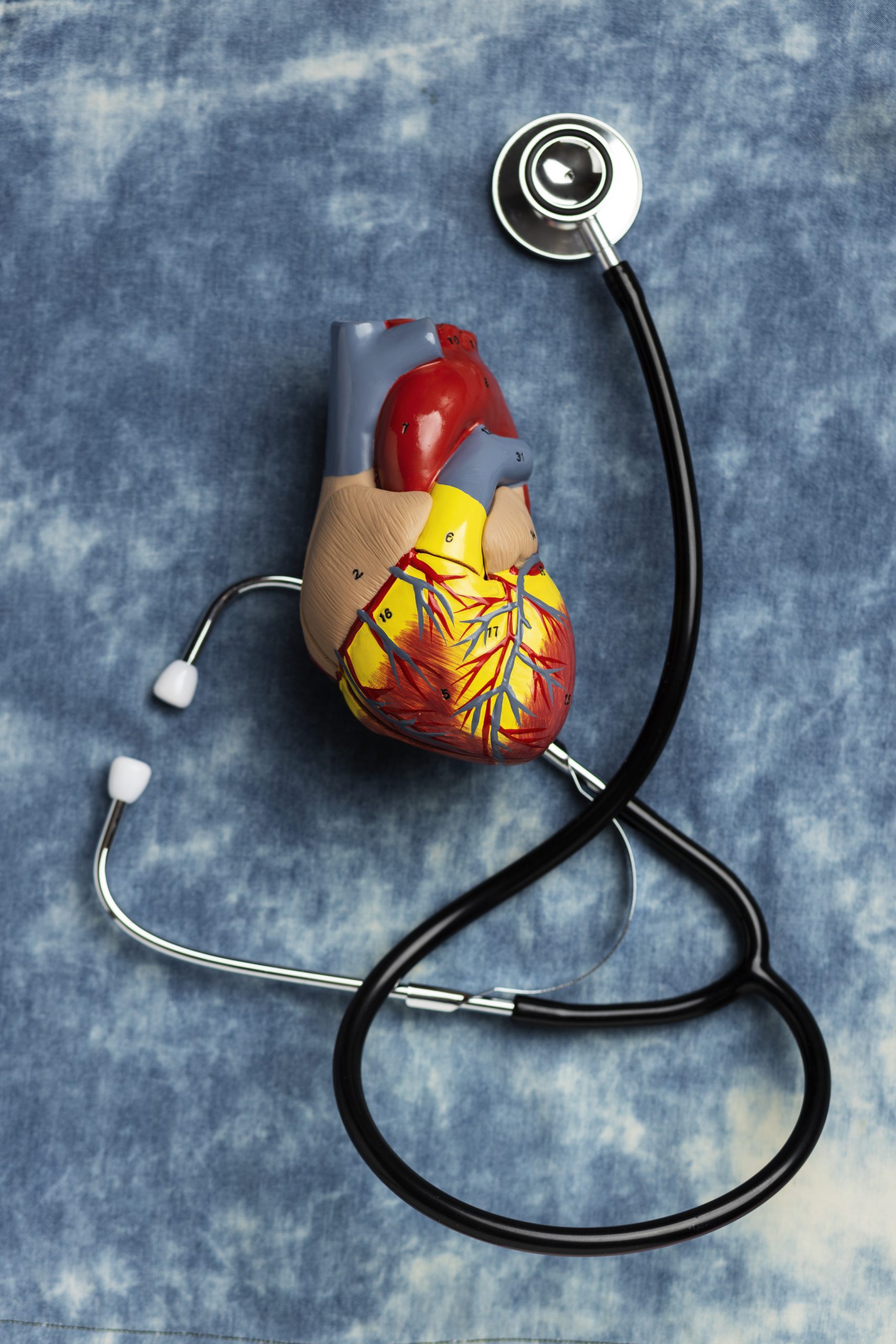

According to a UNSW Sydney study, having severe respiratory infections during the first trimester of pregnancy triples the chance of congenital cardiovascular abnormalities.
Pregnancy-related maternal infections can have detrimental effects on unborn children, including the emergence of congenital abnormalities. (also called congenital defects). These are birth disorders in the body’s structure or operation, such as Down syndrome and neural tube defects, which can have long-term effects.
Congenital malformations are known to be brought on by certain illnesses, sometimes known as TORCH (Toxoplasmosis, Other (syphilis, varicella-zoster, parvovirus B19), Rubella, Cytomegalovirus (CMV), and Herpes virus). Concerning the effects of acute respiratory illnesses like influenza, there have been inconsistent results.
New research from UNSW, published in BMC Pregnancy and Childbirth, shows severe respiratory infections during the first trimester are associated with a higher risk of some heart defects.
“There is limited evidence around this issue,” said lead author Dr. Abrar Chughtai, from UNSW Medicine & Health. But our study supports that there is an association between severe respiratory infections during pregnancy and selected cardiovascular anomalies in babies.”
Prior research has found it challenging to establish a connection between congenital abnormalities and respiratory illnesses. Studies frequently entailed asking new moms whether they had ever had a respiratory illness while pregnant, whether their babies were healthy or had congenital problems.
“The strength of our study is that we used hospital records only and didn’t rely on participants’ memory,” Dr. Chughtai said.
Researchers linked maternal and infant health records to examine data from nearly 1.5 million births in NSW between 2001 and 2016. The health information included births, congenital problems, and hospital admissions for severe respiratory infections during pregnancy.
The researchers examined the relationship between respiratory infections during pregnancy and numerous congenital malformations while controlling for other variables like age, smoking, and other disorders.
The researchers discovered a connection between specific forms of congenital cardiovascular abnormalities and severe respiratory infections. Seven (0.4%) of the 1,547 mothers who were admitted to the hospital during the first trimester of pregnancy due to respiratory illnesses gave birth to children who had severe cardiac and circulation problems. In contrast, 1,724 (0.12) of the 1,441,327 other moms in the research gave birth to children who had these cardiovascular abnormalities.
“After controlling for other factors, still respiratory infections were associated with selected cardiovascular defects,” Dr. Chughtai said.
“The risk is three times higher if the mother had an infection during the first trimester of pregnancy.”
Rates of selected major cardiovascular anomalies were also higher in babies if the mother had influenza during the first trimester of pregnancy, but this was not statistically significant.
Why was there a link between respiratory infections early in pregnancy and cardiac defects? According to the researchers, there are many potential reasons.
“For example, some infectious diseases may pass directly to the baby across the placenta, leading to problems in development,” Dr. Chughtai said.
“Another reason is the use of medications,” Dr. Chughtai said. “The mother may need to take antibiotics or some other drugs to treat infections. These may indirectly affect the baby.”
“Moreover, if the mother has a fever due to infection, there are metabolic changes in the body, and these metabolites may cross the placenta which may affect the baby,” Dr. Chughtai said. “High fever may also impair protein synthesis and causes cell death, resulting in congenital anomalies.”
Several other questions remain, including the impacts of COVID-19, which emerged after the study period of 2001–2016.
“Of course, it’s an interesting question and we want to address this issue in a follow-up study,” Dr. Chughtai said.
“So far from other studies, there is no evidence that COVID-19 increases the risk of congenital abnormalities. But this is only initial research.”
The researchers recommend avoiding respiratory infections during pregnancy as much as possible, to protect against congenital abnormalities.
“There are well-established risk factors, for example, X-rays and smoking, but infection is also a risk,” Dr. Chughtai said.
One of the important methods of prevention is influenza vaccination, which is available and effective and very safe in pregnant women.
more recommended stories
 Healthy Habits Slash Diverticulitis Risk in Half: Clinical Insights
Healthy Habits Slash Diverticulitis Risk in Half: Clinical InsightsHealthy Habits Slash Diverticulitis Risk in.
 Caffeine and SIDS: A New Prevention Theory
Caffeine and SIDS: A New Prevention TheoryFor the first time in decades,.
 Microbial Metabolites Reveal Health Insights
Microbial Metabolites Reveal Health InsightsThe human body is not just.
 Reelin and Cocaine Addiction: A Breakthrough Study
Reelin and Cocaine Addiction: A Breakthrough StudyA groundbreaking study from the University.
 Preeclampsia and Stroke Risk: Long-Term Effects
Preeclampsia and Stroke Risk: Long-Term EffectsPreeclampsia (PE) – a hypertensive disorder.
 Statins and Depression: No Added Benefit
Statins and Depression: No Added BenefitWhat Are Statins Used For? Statins.
 Azithromycin Resistance Rises After Mass Treatment
Azithromycin Resistance Rises After Mass TreatmentMass drug administration (MDA) of azithromycin.
 Generative AI in Health Campaigns: A Game-Changer
Generative AI in Health Campaigns: A Game-ChangerMass media campaigns have long been.
 Molecular Stress in Aging Neurons Explained
Molecular Stress in Aging Neurons ExplainedAs the population ages, scientists are.
 Higher BMI and Hypothyroidism Risk Study
Higher BMI and Hypothyroidism Risk StudyA major longitudinal study from Canada.

Leave a Comment